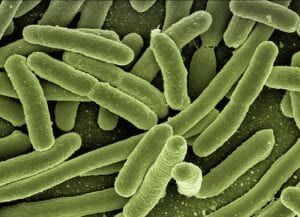Sydney health authorities are responding to a rare disease outbreak after a confirmed case of melioidosis resulted in one death. The incident, reported by MSN.com, has brought the little-known but potentially deadly infection into the spotlight, prompting increased public awareness and preventive measures across the region.
Details of the Outbreak
The outbreak centers on the bacterial disease melioidosis, which is caused by Burkholderia pseudomallei. This organism is typically found in soil and water in tropical regions, and infections in Australia are most commonly reported in the Northern Territory and parts of Queensland. However, the recent fatal case in Sydney is unusual, highlighting the risk of the disease spreading beyond its typical geographic boundaries.
According to health officials, the deceased individual, as well as other suspected cases, may have contracted the disease following exposure to contaminated soil or water. Melioidosis can enter the body through skin abrasions, inhalation, or, less commonly, ingestion. The bacteria thrive in wet conditions, and outbreaks are often associated with heavy rainfall or extreme weather events, which are factors that Sydney has recently experienced.
Symptoms and Risks
Melioidosis is sometimes referred to as the “great mimicker” because its symptoms can be vague and resemble those of other illnesses. Common signs include fever, cough, chest pain, and general malaise. In severe cases, the infection can progress rapidly, leading to pneumonia, bloodstream infections, and multiple organ failure. The disease poses a particular risk to people with underlying health conditions such as diabetes, kidney disease, or weakened immune systems.
Health Authorities Respond
In response to the outbreak, Sydney’s health departments have issued public advisories cautioning residents (especially those with risk factors) to avoid contact with muddy water and soil, particularly after storms. People are urged to wear protective clothing and footwear when gardening or working outdoors, and to promptly clean and cover any skin wounds.
Healthcare providers have also been alerted to watch for potential cases, ensuring early diagnosis and treatment. Melioidosis can be fatal if not treated quickly, but it responds to specific antibiotics when recognized in time.
Prevention and Ongoing Monitoring
Authorities are monitoring the situation closely, investigating the source of infection and working to identify any additional cases. Community education campaigns are underway to raise awareness about the disease, its symptoms, and ways to reduce the risk of exposure.






